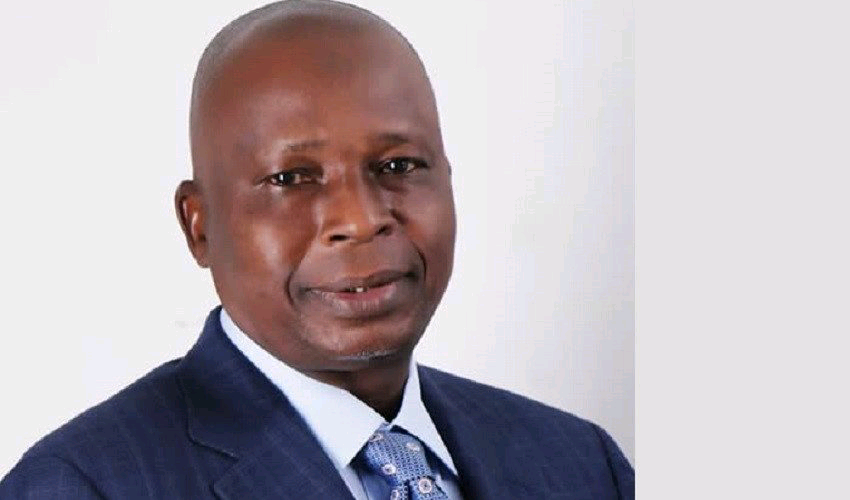The Attorney General of the Federation and Minister of Justice, Prince Lateef Fagbemi, has defended President Bola Ahmed Tinubu’s decision to declare a state of emergency in Rivers State, emphasizing that it was necessary to restore governance and security.
Addressing journalists at the State House, Abuja, Fagbemi stated that the crisis in Rivers State had persisted for too long, despite multiple interventions by the President, well-meaning Nigerians, and leaders of thought.
He stressed that the Supreme Court, in its judgment on February 28, 2025, had found significant constitutional breaches by Governor Siminalayi Fubara, concluding that governance in the state had collapsed.

Supreme Court Ruling and Presidential Action
Fagbemi highlighted that the Supreme Court had described the governor’s actions as despotic, noting that the legislative arm of the state had been rendered ineffective since the governor demolished the House of Assembly complex in late 2023. Despite several court cases, the judgment confirmed that the executive arm had undermined the legislature, thereby paralyzing governance.
“14 months after the demolition of the House of Assembly, there was no attempt to rebuild it,” Fagbemi said. “Government stands on a tripod—executive, legislature, and judiciary. The governor made governance impossible.”
Security Concerns and Economic Implications
The AGF also cited security threats, including the governor’s alleged tacit endorsement of militant activities, as a major reason for the emergency declaration. He referenced the vandalization of oil pipelines, which significantly threatened national revenue.
“Before this administration, Nigeria was producing about 900,000 barrels of oil daily. With the President’s efforts, production rose to 1.5 million barrels per day. This crisis could undo those gains,” he stated.
Justification for the Emergency Declaration
Responding to concerns that the President acted hastily, Fagbemi insisted that Tinubu exercised his constitutional powers responsibly.
“The law allows intervention when there is imminent danger to lives and property. The President waited, mediated, and only acted when it became clear that peace would not return voluntarily,” he asserted.
He dismissed claims that the decision was politically motivated or influenced by the Minister of the Federal Capital Territory (FCT), Nyesom Wike, stating that the Supreme Court’s findings were against the governor, not any external political figure.
Suspension of Governor, Deputy, and Assembly Members
Fagbemi also justified the suspension of the governor, deputy governor, and House of Assembly members, describing it as a necessary measure to restore order.
“You cannot treat the effects of a crisis without addressing the root cause. If the governor and House of Assembly members were at the center of the crisis, they had to be removed to prevent further disruption,” he explained.
State of Emergency vs. Impeachment
On whether the emergency declaration was a compromise to prevent the governor’s impeachment, Fagbemi admitted that it appeared so.
“If the impeachment had proceeded, the governor would have lost his position entirely. This measure allows for a temporary suspension rather than outright removal,” he said.
Awaiting National Assembly Approval
The AGF noted that the National Assembly’s approval was required to validate the President’s action.
“If the National Assembly feels the President has acted wrongly, they will withhold the two-thirds majority required for approval,” he said.
Fagbemi concluded by urging Nigerians to support the President’s decision, emphasizing that it was taken in the best interest of democracy, national security, and economic stability.
Support InfoStride News' Credible Journalism: Only credible journalism can guarantee a fair, accountable and transparent society, including democracy and government. It involves a lot of efforts and money. We need your support. Click here to Donate
